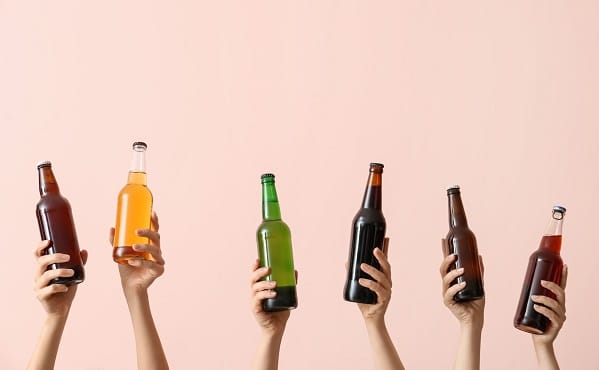What is Insulin Resistance?
Insulin resistance refers to an occurrence where the cells do not respond well to insulin production within the body. When this medical condition happens, the body does not respond normally in converting glucose into energy, which can lead to type 2 diabetes. When the body system isn’t already capable of handling the hormone insulin, the pancreas continues in producing insulin resulting in a build-up of blood glucose. Aside from type 2 diabetes, individuals who are diagnosed with prediabetes also experience insulin resistance. However, the said medical condition does not ultimately lead to diabetes.
There have been a lot of researches and studies identifying alcohol consumption as an alternative medical approach in reducing or preventing insulin resistance. While some experts deny its effectiveness against insulin resistance, several successful studies say otherwise. Here, you will know the different factors in reducing the risk of insulin resistance as a result of alcohol consumption. Read on to know more.
Benefits of Alcohol Consumption Associated with Inhibiting Insulin Resistance:
- Just because alcohol is noted to be safe in preventing episodes of insulin resistance, individuals must still consume alcoholic beverages moderately. Note that consuming too much of this beverage can still be harmful.
- Consuming alcohol can reduce the risk of having type 2 diabetes, which is considered to be more chronic compared to type 1 diabetes. It means that any alcoholic beverage can prevent the surge of blood sugar levels.
- It can prevent the emergence of other health complications associated with insulin resistance as the onset medical concern.
While these benefits may have a positive note to many, especially to diabetic people, some researchers have identified that these benefits do not necessarily involve everyone. According to these researchers, those who experienced the positive effects of alcohol consumption are only a few.
As mentioned, there are certain factors involving the efficiency of alcohol consumption with regards to minimizing insulin resistance. These factors include the sex, race, and BMI or body mass index of an individual. Read on to know more.
Sex or Gender
This factor not only mitigates the efficiency of alcohol but also questions its properties. It is because the risk of having type 2 diabetes is reduced only in women. It means that consuming alcohol to lessen insulin resistance can only happen in women in terms of gender.
Race
In terms of race, Asian and non-Asian individuals are evaluated for this medical research. The result says that Asian people are more likely to develop type 2 diabetes compared to non-Asians. There is no concrete explanation with regards to this factor, but genetic differences are an idea that experts mostly rely on.
BMI or Body Mass Index
BMI refers to a kind of body calculation stating if you are healthy based on your height and weight. While this factor is not considered significant, it still provides a concrete idea of the association between alcohol consumption and insulin resistance. Researchers have also concluded that many men, especially Japanese men, are more at risk of having type 2 diabetes.
Just because consuming alcohol can reduce or inhibit insulin resistance, drinking the said beverage should not be abused, most especially for diabetic individuals. Note that drinking much alcohol can still contribute to diabetic people, specifically those types of alcohol that contain a lot of sugar. For people who experience episodes of insulin resistance, obtain immediate medical assistance and take the prescribed medicines. Since type 2 diabetes is a medical condition that insulin resistance can lead to, there are available medical options to take advantage of.


